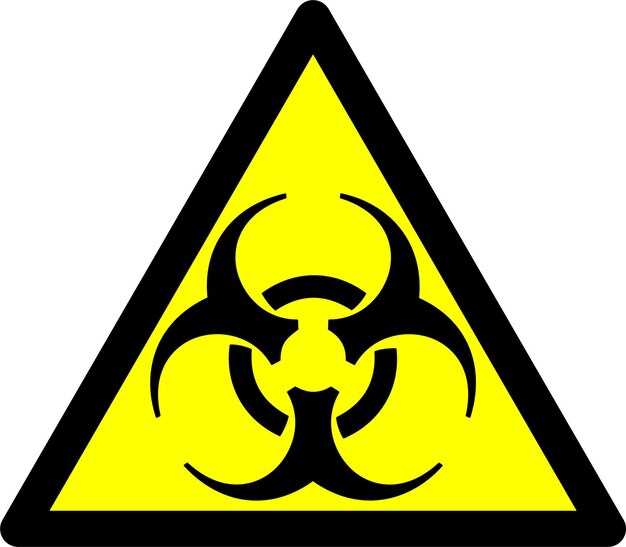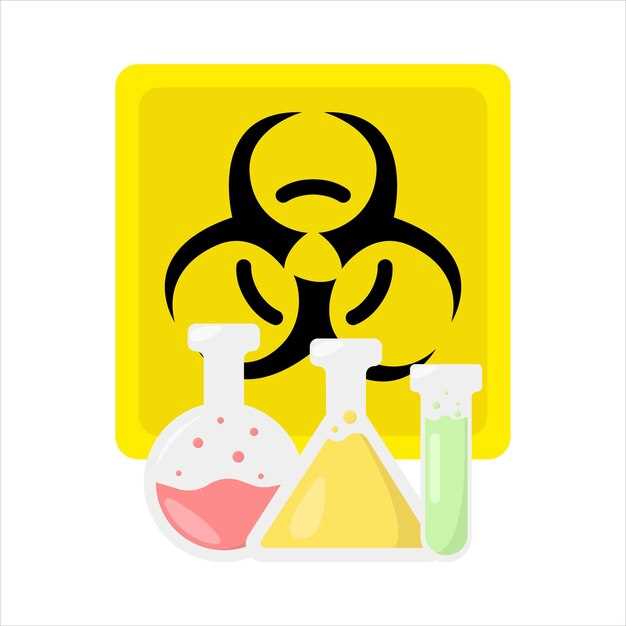
Uncovering the unmistakable signs of excessive intake or adverse reactions to the renowned medication known as bupropion can be a matter of paramount importance. Gaining a thorough understanding of the subtle symptoms and various manifestations indicative of this toxicity is crucial in promoting the well-being and safety of individuals.
While some may encounter mild expressions, it is crucial to remain vigilant in recognizing the critical indications that signal the presence of an overdose. By being attuned to the divergent signals that may arise, one can promptly identify and address any potential issues associated with bupropion usage.
Through the lens of medical expertise and scientific analysis, we aim to shed light on the plethora of distinctive cues that may be witnessed in cases of bupropion toxicity. Armed with this knowledge, individuals and healthcare professionals alike can strive towards better-informed decisions and actions in protecting overall wellness. Explore our comprehensive guide to delve into the intriguing realm of bupropion overdose signs today!
The importance of recognizing bupropion toxicity
Understanding the significance of identifying adverse effects caused by the use of certain medications is crucial to ensure the well-being of individuals. This section focuses on the importance of recognizing the potential harmful effects associated with the use of bupropion, thereby promoting overall safety and health.
Enhancing Awareness for Optimal Safety
Recognizing the indications of adverse reactions to medications is essential for healthcare providers and individuals alike. Bupropion, a commonly prescribed medication, may exhibit various signs and symptoms that should be promptly identified to prevent further complications. By creating awareness and education about the potential risks, individuals can actively participate in their own healthcare and seek appropriate medical attention when necessary.
Recognizing the Telltale Signs
Being able to identify the common signs and symptoms associated with adverse effects from bupropion usage is key to prompt detection and intervention. Such manifestations could include physical discomfort, changes in behavior, or alterations in overall well-being. By recognizing these indicators, individuals can take timely action, potentially preventing escalation of the adverse effects and facilitating a smoother healthcare journey.
With a heightened awareness of the typical signs and symptoms experienced due to adverse reactions to bupropion, individuals can proactively engage with their healthcare providers, enabling informed discussions about the appropriate course of action. Prompt recognition of potential adverse effects can lead to earlier interventions and improved overall outcomes.
Common indications of adverse effects
When taking the medication, it is important to be aware of the potential adverse reactions that may occur. It is crucial to recognize the telltale signs and symptoms that could be indicative of unfavorable effects.
These common indications may manifest as various physical discomforts or changes in behavior. It is important to pay attention to any noticeable alterations in body functions or mood to promptly address any possible concerns. These symptoms can range from mild to severe, and their severity can vary depending on each individual’s response to the medication.
- Unexplained weight loss or gain
- Insomnia or excessive drowsiness
- Headaches or dizziness
- Increased anxiety or agitation
- Irregular heartbeat or palpitations
- Nausea, vomiting, or stomach discomfort
- Changes in appetite or taste
- Joint or muscle pain
- Difficulty concentrating or memory problems
If you experience any of these common signs and symptoms, it is essential to consult your healthcare provider immediately. They will be able to provide further guidance and advice based on your specific situation.
Remember, recognizing and addressing these indications is pivotal to ensure your well-being and the effectiveness of your treatment plan. It is always recommended to prioritize your health and consult with healthcare professionals when in doubt.
Less common signs and symptoms
In addition to the common indications of potential adverse effects associated with the use of the medication, there are a few less prevalent signs and symptoms that may require attention and immediate action. Although these occurrences are not as frequently observed, it is crucial to be aware of them as they could indicate a potential risk to your well-being.
1. Unusual behavior or mood changes

While bupropion toxicity more commonly manifests in physical symptoms, it is also important to pay attention to any unusual changes in mood or behavior. These could include heightened agitation, irritability, or unexplained outbursts. If you or someone you know experiences any sudden shifts in behavior patterns, it is recommended to seek professional advice.
2. Seizures
In extremely rare cases, individuals may experience seizures as a result of bupropion toxicity. Seizures are characterized by convulsions, loss of consciousness, and uncontrollable muscle movements. Any occurrence of seizures should be regarded as a medical emergency, and immediate action should be taken to ensure the safety and well-being of the individual affected.
Remember, while these less common signs and symptoms are infrequently observed, it is essential to remain vigilant and informed. Safeguarding your health and the well-being of those around you is of utmost importance. If you notice any concerning changes in mood, behavior, or experience seizures, seek medical assistance promptly.
Immediate steps to take
When faced with potential adverse effects related to the use of this medication, it is crucial to promptly address the situation to minimize further complications.
Inform healthcare provider

The first course of action is to contact your healthcare provider immediately to report any unusual symptoms or side effects that you suspect may be linked to the medication. Be sure to provide a detailed description of your symptoms, their severity, and when they started.
Discontinue medication and seek medical attention
If instructed by your healthcare provider, it is essential to stop taking the medication immediately to prevent any further adverse reactions. Additionally, seek medical attention promptly, either by contacting your healthcare provider or visiting the nearest emergency room.
Follow medical guidance
- Follow any instructions given by your healthcare provider regarding the steps to take to manage the adverse effects associated with the medication.
- If medical assistance is required, carefully adhere to any treatment plan or medication adjustments prescribed by your healthcare provider.
- Monitor your symptoms closely and inform your healthcare provider of any changes or developments.
Remember, it is vital to take immediate action when faced with the possibility of adverse effects. Promptly contacting your healthcare provider and following their guidance will contribute to ensuring your well-being and safety.
Preventing bupropion toxicity
Ensuring safe usage of medications is crucial in maintaining one’s well-being. When it comes to using bupropion or similar medications, it is vital to take necessary precautions to prevent any potential harm or undesirable effects.
Here are some key measures you can take to safeguard against the negative impacts of bupropion or its equivalent:
- Follow the prescribed dosage with utmost accuracy. Taking more or less than the recommended amount can lead to unintended consequences.
- Never share your medication with others, as each person’s response to the medication may vary.
- Keep track of your medication intake. Create a routine to ensure consistency and avoid missing any doses.
- Do not abruptly stop or alter your medication regimen without consulting your healthcare professional first. They will guide you through the process of gradual dose reduction, if necessary.
- Avoid alcohol consumption while taking bupropion, as it may intensify the likelihood of adverse effects.
- Inform your doctor about any other medications, supplements, or herbal remedies you are taking, as they may interfere with the effectiveness or safety of bupropion.
- If you experience any new or unusual symptoms while on bupropion, promptly communicate with your healthcare provider, who can provide necessary guidance and recommendations.
- Do not hesitate to ask your doctor any questions or seek clarifications about bupropion, its usage, or potential side effects. Being well-informed will help you make informed decisions about your health.
- Store your medication in a cool, dry place, away from direct sunlight. Follow the storage instructions provided by your pharmacist to ensure the integrity and effectiveness of the medication.
- Dispose of unwanted or expired medication responsibly. Consult your local pharmacy or healthcare facility for guidance on proper disposal methods.
By following these preventive measures, you can promote your well-being and create a safer environment for yourself while using bupropion or similar medications. Remember, your health is your priority, and taking the necessary steps will help you achieve optimal results.
